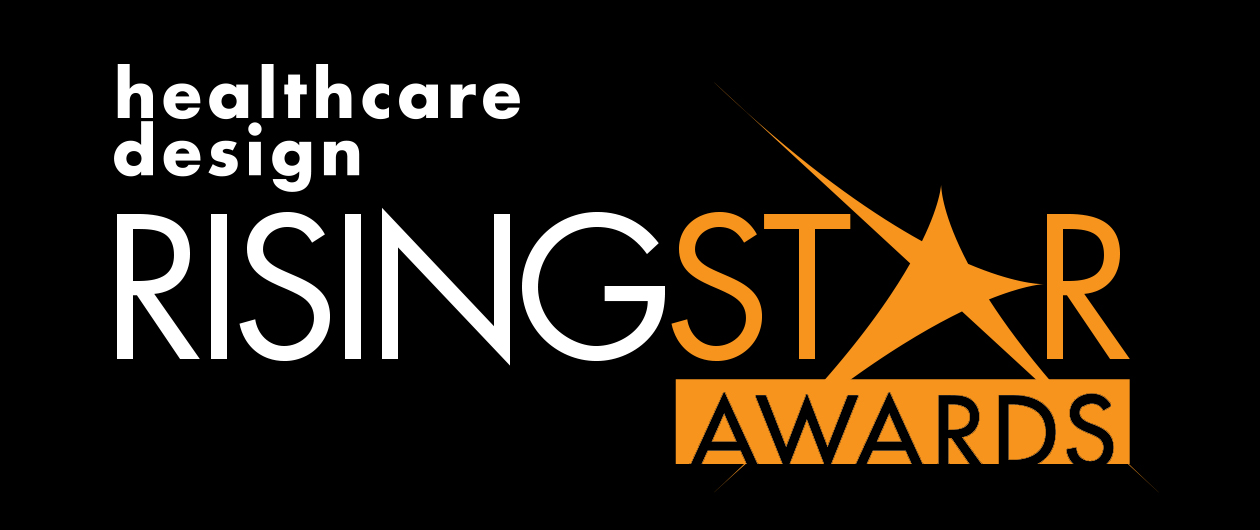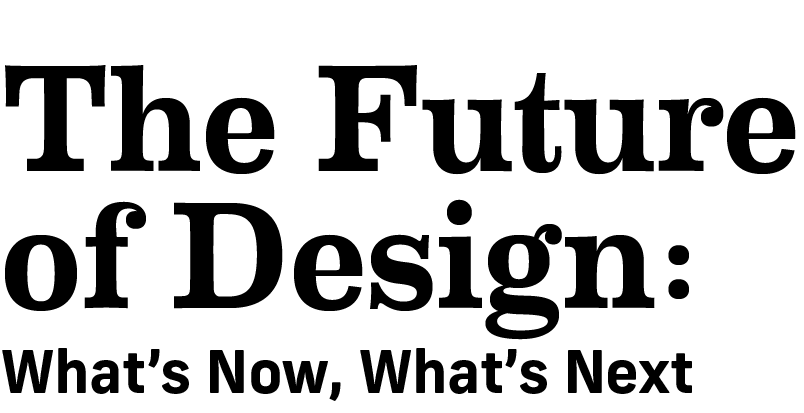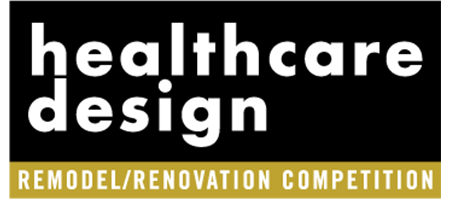A variety of skills and project disciplines are needed to deliver successful projects in healthcare design. But what must-have skill stands apart from all the others?
Healthcare Design asked the seven honorees of its 2025 Rising Star Awards, which honors professionals with fewer than 10 years of experience in the industry who are already making a difference, on what it takes to succeed today.
Here’s what they had to say:

Kierstyn Feldlavy (Image credit: Shelli Foth, UnFound Door)
“Curiosity and positivity. In a field as complex and rapidly evolving as healthcare, curiosity fuels innovation and helps us ask the right questions. But just as important is maintaining a sense of optimism. Positivity keeps us resilient, grounded, and hopeful as we design a better, healthier future.”—Kierstyn Feldlavy, associate, architect, and medical planner, SmithGroup (Denver)

Nathan Jeffries (Image credit: Courtesy of Skanska USA Building)
“Empathy. Any individual involved in making decisions alongside healthcare providers needs to have the ability to see the world from others’ perspectives. Designing and building a site that meets its function can be done, but building with an understanding of daily pain points for practitioners and patients makes all the difference.”—Nathan Jeffries, project manager, Skanska (San Francisco)

Renee Lawrence (Image credit: Copyright Caleb Tkach)
“Storytelling and effective communication. We need to show why the design matters. When we share stories about a caregiver finding peace in a quiet respite room or a nurse connecting with a patient in a hospital courtyard, it helps others see the heart behind the decisions. Storytelling brings empathy into the conversation and keeps everyone focused on designing spaces that truly support healing.”—Renee Lawrence, medical planner, architect, Boulder Associates (Boulder, Colo.)

Carole Ann Morris (Image credit: © Page)
“Empathy! The ability to put yourself in the shoes of a patient or clinician is so important in informing design decisions. By considering the needs and emotions of patients and families, designers can reduce stress, enhance safety, and improve the overall patient experience. Understanding staff workflows, identifying pain points, and working through concerns support the well-being of caregivers and acknowledges their vital role in the patient’s healing journey.”—Carole Ann Morris, senior associate, project interior designer, Page, now Stantec (Atlanta)

Emily Murrow (Image credit: Courtesy of HKS INC.)
“Adaptability. Healthcare design is full of evolving challenges … and each design phase brings new information and perspectives. A decision made in schematic design may need to shift during construction. Being able to navigate change with flexibility is an essential skill.”—Emily Murrow, architect, HKS (Dallas-Fort Worth, Texas)

Jay Patel (Image credit: Courtesy of JandDimages)
“Empathy. Beyond technical knowledge, this is the essential foundation. Empathy means truly listening—not only to what’s said but to what’s unspoken. It translates into design decisions that comfort patients and support staff. When empathy, clarity, and holistic thinking unite, we create spaces that genuinely care for those who enter them.”—Jay Patel, associate in architecture, TVS (Atlanta)

Liyang Zhang (Image credit: Courtesy of Shepley Bulfinch)
“Systems thinking. Healthcare environments are incredibly complex—physically, operationally, and technically. Designers need to understand how clinical workflows, infrastructure, codes, and user needs intersect. Equally important is the ability to make sound decisions under conditions of uncertainty, anticipating how each choice reverberates across the broader system to ensure environments truly perform.”—Liyang Zhang, architect, Shepley Bulfinch (Houston, Texas)
Nominations for the Rising Star Awards will open in spring 2026. Find more information here.













